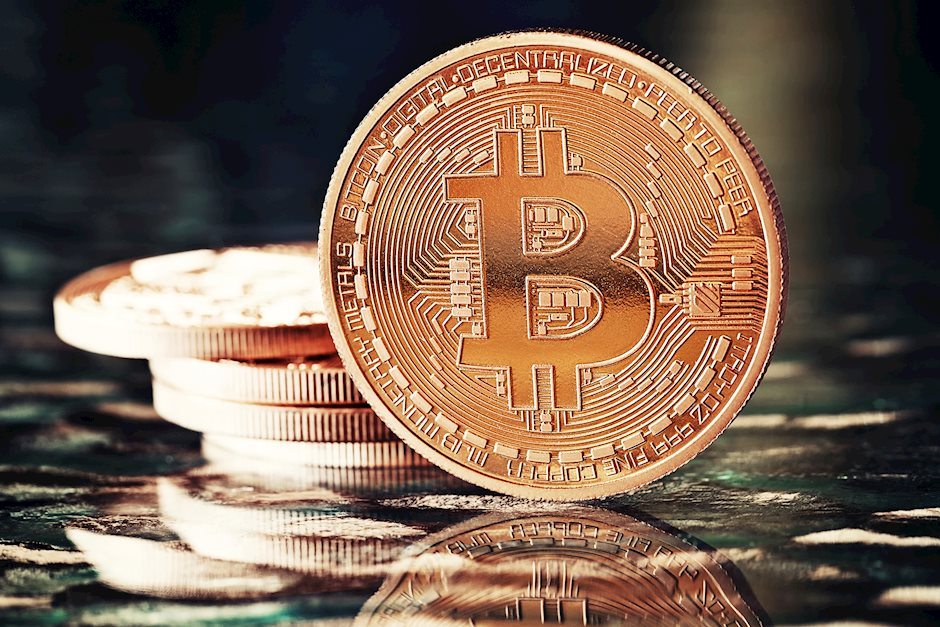DeFi: Beginner's guide to decentralized finance

Blockchain and cryptos have progressed to a point that they are giving decentralized solutions to most of the problems in the world. The promotion of transparency in a secure way is the promise that is helping this space grow exponentially. The power of getting control over your own finances is a concept that the general masses are most attracted to. This is achieved through DeFi or Decentralized Finance.
DeFI or Decentralized Finance is basically a system that utilizes protocols, and smart contracts to bring traditional finance to blockchain. These can then be used to make digital assets and decentralized applications. The centralized financial systems use banks and centralized authorities that manage everything from transfers, to lending, interests, insurance, margin trading, and other procedures.
Decentralized Finance makes these processes permissionless, transparent, secure, cheap, and fast. In its purest form, DeFi eliminates the need for banks, brokerages, and exchanges to make a system that is managed by all the users.
Why DeFi?
The DeFi space has been in a constant state of boom ever since its advent. The question that automatically arises is that is this worth leaving the traditional systems? The answer is, yes. Most of the processes in DeFi are either peer to peer and transparent, while others are peer to protocol and still involve no centralized parties.
Imagine depositing funds or getting loans without following a bank’s 9-5 routine, trading on an exchange 24/7 without down times and enough liquidity, or getting an interest on your staked amount in the most transparent way possible. This is what DeFi does, gives the power of finance back to the users.
Most of these DeFi projects are based on Ethereum blockchain due to the customizability that Smart Contracts provide. Smart Contract, like other contracts, is a binding agreement between two parties. Unlike usual contracts, smart contracts self-execute.
Some of the prominent features of DeFi are stated below:
Can be accessed from anywhere in the world - Unlike the traditional financial scene, DeFi projects help access the financial instruments from around the world.
Scalability - The DeFi space is seeing exponential growth which can be quantified by the total value locked (TVL) in different DeFi applications.
Immutability - The coordinated data across the blockchain is immutable or tamper-proof which makes it secure.
Programmability - The smart contracts are very programmable which means that using these contracts, any digital financial instrument can be introduced in the space given that the use case is good.
Low barrier for entry - Unlike banks and brokerages which require long procedures of data collection and days before they let you enter, DeFi has a relatively low barrier for entry and is for everyone.
Use cases of DeFi
With the increasing innovation in the blockchain space, DeFi has grown to become a playground of opportunities for people around the globe. This has also resulted in a lot of new use cases flowing inside day by day. These use cases are also proof that DeFi is indeed here to stay and that it will attract other markets as well.
Decentralized exchanges
These exchanges help users trade cryptos without having the need of giving up funds to an intermediary or custodian. As explained above, these trades take place through smart contracts and are fast and transparent.
An example of this is Uniswap. Due to the utility of their platform, their coin appreciated very swiftly, rising up ranks to reach #8 in the overall coin market.
Lending or yield farming
Yield Farming operates much like savings accounts in banks which provide an interest rate in return for the amount of money you submit in the bank. Here, you lock in a specific amount of tokens in the system to provide liquidity to the network in return for a fixed interest rate.
This can be done using governance tokens in a project’s ecosystem which can also be used to vote for changes in the system in the most decentralized manner.
Margin trading
Since there are no intermediaries in this space, DeFi enables automated lending through non custodial lending protocols. Smart contracts are used to automate the brokerage activity on blockchain.
Decentralized marketplaces
From freelancing marketplaces to p2p buy/sell marketplaces, DeFi has open doors for all kinds of trades. Imagine Amazon on blockchain, this would enable sellers to enter with low barriers for entry and buyers can get the products on the actual prices without huge cuts from the middlemen or intermediary organization.
Linked to these marketplaces is the concept of Affiliate marketing which is also better executed on the decentralized domain due to the transparency. ETHLINK, a project of Jigstack is working on making the link from the company to the promoters possible in the most transparent way possible.
Asset management
DeFi enables a user to become the custodian of their own funds. This can be done using wallets who provide end to end facilities of buying, selling, trading and portfolio management.
Apart from the aforementioned use cases, there are lots of other innovative use cases flowing in the space due to the recent spike in blockchain and crypto adoption. The only issue that stands is that due to this boom, a lot of startups are trying to enter the space with use cases that are either not properly defined, not suitable for the decentralized space, or are too complex for everyone to use. Other projects are in the space for money making purposes only.
The gap in the market exists for good UI/UX which can also help trigger adoption. However, projects like Jigstack are aiming to provide proper value to Ethereum's ecosystem by giving the space real use cases with advanced user interfaces that even a grandma can use. These one stop solutions that provide access to multiple applications are indeed the way ahead for blockchain and DeFi. Introduction of such use cases is what will revolutionize the space with actual value and very easy to use applications.
Author

Christopher Fowler
Independent Analyst
Christopher Fowler is an investment professional with 7-years of experience in financial markets. His main jod is to help hedge funds with his private consultations. His specialization is cryptocurrency and FinTech start-ups.





